identification
Latest
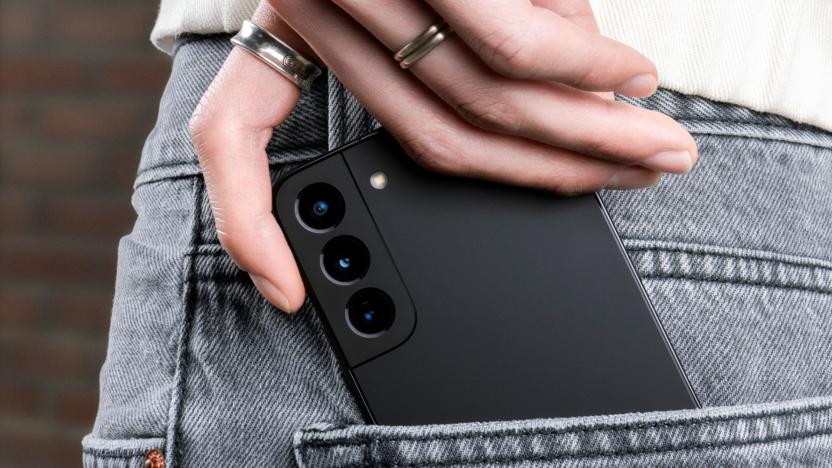
Samsung Wallet payments and passes are coming to 13 more countries this year
Samsung Wallet is expanding to 13 countries by the end of the year, including Denmark, South Africa and UAE.
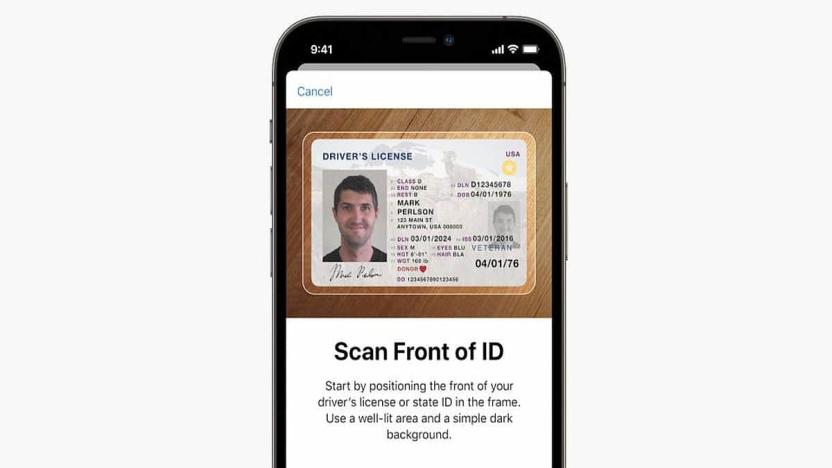
Washington DC votes to allow digital driver's licenses and ID cards
Washington DC's city council has approved the use of digital driver's licenses and IDs, joining Arizona, Georgia and other states.

Apple has tight control over states' digital ID cards
Apple has a lot of control over how states run their digital ID programs, including staff and even marketing.

India will provide ID cards that store all your medical data
India is planning health ID cards that store all your medical data, although there are privacy concerns.

Kenya halts biometric ID scheme over discrimination fears
Kenya introduced a sweeping national biometric identity program last year, with the view to collecting personal and biometric data -- such as fingerprints and facial photographs -- from its 50 million-strong population. Now, however, the program has been temporarily suspended by the country's high court, which has cited concerns about the way the data may be used.

Nearly everyone in Ecuador is the victim of a data breach
A massive data breach exposed sensitive data of nearly every individual in Ecuador. The breach impacted an estimated 20 million people -- for reference, Ecuador has a population of about 17 million. According to ZDNet, it exposed data on 6.7 million minors, as well as the country's president and WikiLeaks founder Julian Assange, who was granted political asylum by Ecuador in 2012.
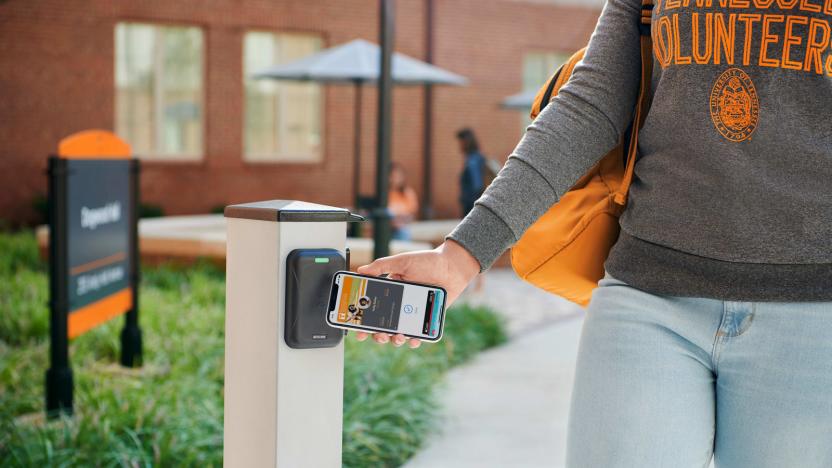
Apple's contactless student IDs come to 12 more schools
A new school year is approaching, and for Apple that means an expansion of its contact-free student IDs. Apple Watch and iPhone owners can tap their devices to access campus facilities in 12 more schools, and these are institutions you'll likely recognize -- Georgetown University, the University of Tennessee and the University of San Francisco are some of the institutions. Considering that tap-based IDs were limited to just seven schools before, this is welcome news if you'd rather not pull out plastic to grab lunch or access the gym.

Germans can soon use their iPhones as virtual ID cards
iOS 13's newly expanded NFC support will be useful for more than just hopping on the subway. Germany is taking advantage of the upcoming software's support for Apple-approved NFC identification documents to let residents scan their ID cards and use them both online and for check-ins at international airports. You'll need to wait for both the release of iOS 13 (likely in September) and the German government's AusweisApp2 to make everything work, but this might just save you the trouble of pulling out your wallet to prove who you are.

MIT’s sensor-packed glove helps AI identify objects by touch
Researchers have spent years trying to teach robots how to grip different objects without crushing or dropping them. They could be one step closer, thanks to this low-cost, sensor-packed glove. In a paper published in Nature, a team of MIT scientists share how they used the glove to help AI recognize objects through touch alone. That information could help robots better manipulate objects, and it may aid in prosthetics design.
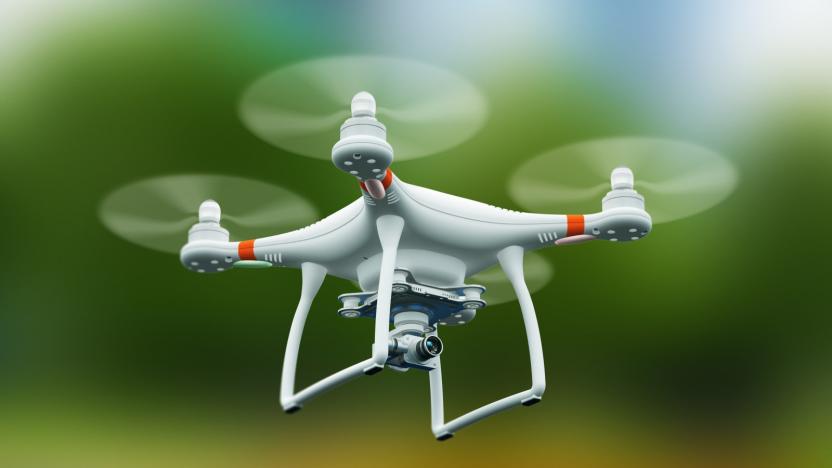
Senators urge FAA to complete remote drone identification rules
There's no question that drone sightings can be disruptive. In December, a drone spotted at Gatwick Airport in London led to the grounding and diversion of hundreds of flights, and similar disruptions have happened at Dubai International Airport and Newark Liberty International Airport. With those incidents in mind -- as well as a flyover of Fenway Park -- Senators Edward Markey (D-Mass.) and John Thune (R-SD) are calling on the Federal Aviation Admission (FAA) to complete guidelines on remote drone identification.
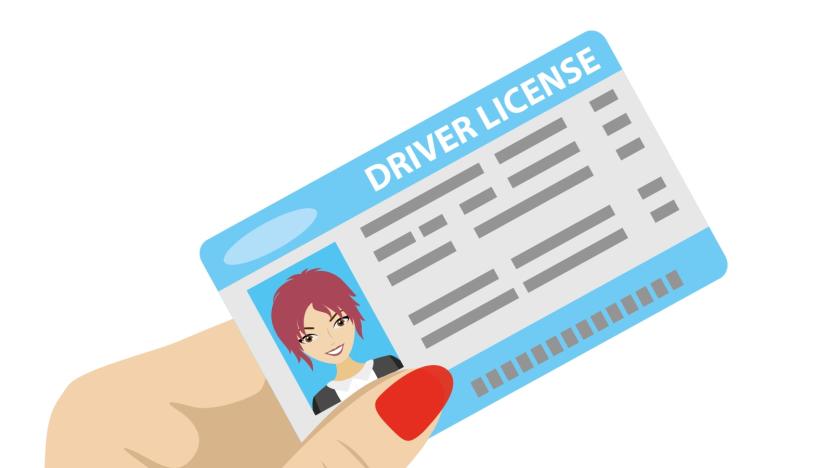
Android's digital wallet could eventually hold your driver's license
Governments have been exploring digital driver's licenses for a while, but there are quite a few flaws with existing approaches. You usually have to rely on a proprietary app, sometimes with uncertain security... and what happens if your phone is low on battery when you need to flash your credentials? Google might have a solution. XDA has discovered that Google is working on an IdentityCredential framework that would securely store and display digital IDs, including driver's licenses. It could also display your ID even if there isn't enough power to start Android -- you'd just need the power for a secure chip and a "low-power communication channel."
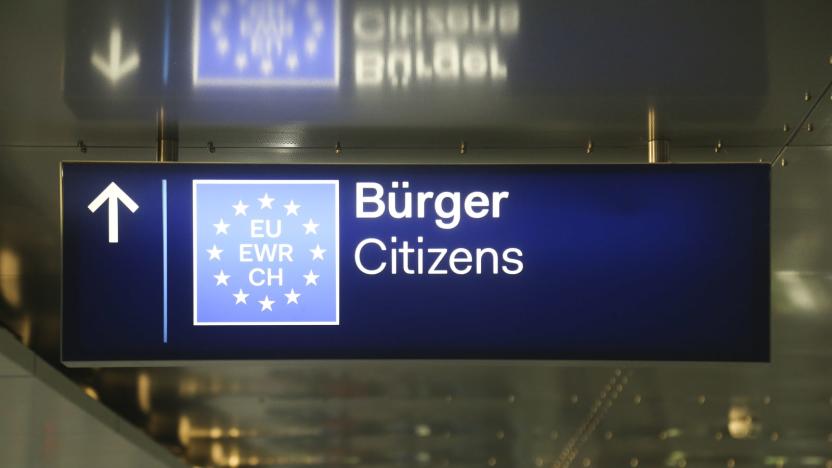
EU now recognizes digital IDs across borders
If you're a European Union citizen, it just became that much easier to prove your identity -- wherever you happen to be in the region. The EU now officially supports cross-border recognition for digital IDs, making your virtual driver's license or bank card useful in any member state so long as it's notified according to EU rules. Germany, Italy, Luxembourg and Spain have already finished the notification process. Croatia and Estonia are next in line, while Belgium, Portugal and the UK (yes, despite everything) are in the early stages.

Beijing subways may soon get facial recognition and hand scanners
A bio-ID surveillance framework that can recognize subway users may soon come to Beijing. China Daily reports two forms of bio-recognition being put forward -- palm touch and facial recognition. Together, they could offer a viable long-term solution to ease congestion issues and help reduce fare evasion.

Austin test uses blockchain to improve ID for the homeless
Many people take identification for granted, but it's a serious challenge if you're homeless. If you lose what's on your back, you might lose everything -- and recovering that ID is much harder when you have no fixed address or easy transportation to government offices. Austin might have a technological solution. The Texas city is piloting a system that uses blockchain identifiers to safeguard the IDs and vital records of homeless people in a way that's more accessible for service providers.
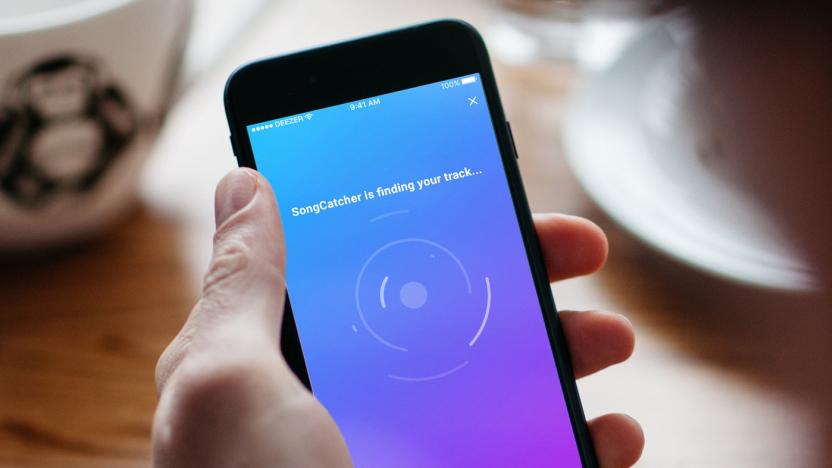
Deezer's 'SongCatcher' borrows Shazam's song ID trick
As Tidal has showed us lately, streaming is a tough business, but underdog French company Deezer is trying to keep up with its giant rivals Spotify and Apple Music. The site is launching a new feature called SongCatcher that can identify any song, much like Apple's new acquisition, Shazam. It works in much the same way; you launch the app, and it will identify any music playing from its 44 million song database. Once it's found the tune, you can then add it to your favorites or playlist and play all the recognized tunes directly from SoundCatcher.

Apple is reportedly buying Shazam and its music identification tech
In a bit of Friday afternoon news, TechCrunch reports that Apple plans to buy Shazam, the company behind the popular audio identification software and app. Apparently, the site's sources indicate the deal could be announced Monday, but it's quick to note the timing on these things isn't always solid. As you can imagine, rumored terms of the deal, including a sale price, aren't reliable just yet. The acquisition would give Apple ownership of the music, TV and movie identifying tech and a group of features it could easily take advantage of with its own products.

India’s privacy ruling could disrupt its biometric society
A landmark judgement has ruled that Indian citizens have a fundamental right to privacy, despite the country's vast biometric identification scheme. In a case bought forward by opponents of the government's Aadhaar biometric program, Chief Justice J.S Khehar said privacy was "protected as an intrinsic part of Article 21 that protects life and liberty". The unanimous verdict from the nine-judge bench overturns two previous rulings by the Supreme Court which said privacy was not a fundamental right.

Microsoft and the UN to provide digital IDs for undocumented people
It's difficult to live without identification. In many cases, you're shut out of banking, health care, voting rights and other basics. Microsoft and partners might just give those many undocumented people (1.1 billion of them, in fact) a shot at the identity they need, though. It's working with Accenture and Avanade on a United Nations-backed digital ID effort that would offer legal recognition to those who'd otherwise be lost to recordkeepers. The prototype uses blockchain technology to give people a trustworthy ID that can follow them anywhere, but still respects privacy and security.

Estonia will hand out digital ID cards to non-residents
Digital ID cards are still a rarity in most countries, but they're a staple of everyday life in Estonia -- locals use them for everything from e-voting to buying mass transit tickets. You currently have to live in the country to take advantage of these cards, however, and that's creating a real problem for non-residents wanting to set up shop. To solve this, Estonia now plans to hand out this identification to non-residents at the end of 2014, making it the first country to have a globally relevant digital ID. So long as applicants can provide the same biometric data and documents (along with a fee of around €30 to €50), they'll get either a card or a digital-only equivalent they can store on a smartphone's SIM card.

Scientists identify insects by listening to the music of their wings
It's sometimes tricky to identify insect species, but it's also important -- you want to quickly find out whether you're dealing with a disease-carrying threat or a harmless fly. That won't be an issue once UC Riverside scientists get their audio identification system into the field. Their system uses lasers to translate the fluttering of an insect's wings into an audio signal; since each wing beat has its own music-like tempo and tone, it's possible to identify critters with uncanny accuracy. You can confirm a species 88 percent of the time purely through sounds, and the rate only gets higher when you factor in the location and time of day.





